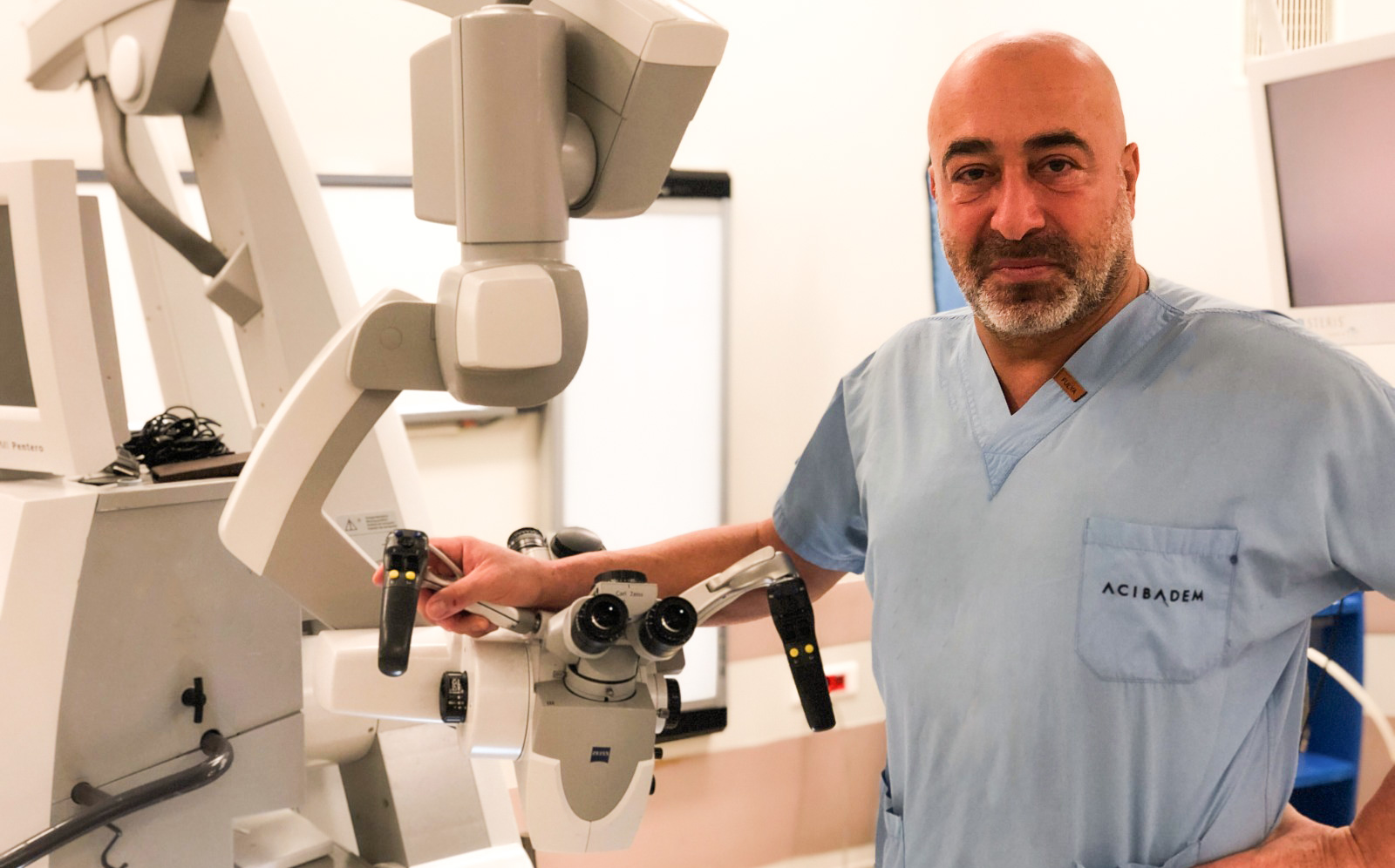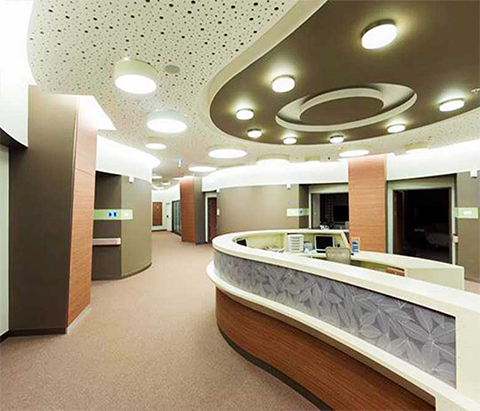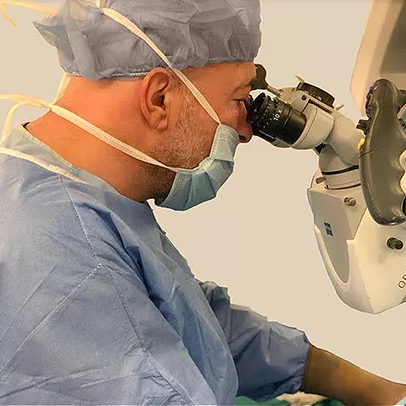
Prof. Dr. Teoman Cem Kadıoğlu
Istanbul University, Faculty of Medicine, Department of Urology
He is a graduate of Robert College and Istanbul Faculty of Medicine. He studied male infertility microsurgery for one year at Monash University (Melbourne, Australia). He started the first microsurgical varicocele operation in Turkey in 1992 at Istanbul Medical Faculty (Çapa). He has been performing only microsurgical varicocele surgeries for the last 20 years and has the largest series in the world on this subject with more than 6000 microsurgical varicocele operations. He performs his surgeries at Acıbadem Fulya Hospital and Istanbul Surgery Hospital.

Important About Varicocele
Varicocele surgery is not a simple operation. It is likely to fail if it is not performed with microsurgical technique by experienced hands. After I started performing microsurgical varicocele surgery for the first time in Turkey in 1992, I found that the surgery was insufficient in many people who had previously undergone normal or microsurgical varicocele surgery. I started to perform corrective microsurgery for them. For this reason, I have only been performing microsurgical varicocele surgery for the last 20 years. This number has exceeded 6,000.
In my experience treating over 6,000 patients with microsurgical varicocele surgeries, over 90% of them experienced increased sperm test values, with most achieving pregnancy and only a small minority experiencing negative outcomes.
In the last 20 years, I have performed over 6,000 microsurgical varicocele surgeries with a technical success rate of over 99% and a low rate of minor complications, such as simple wound infections at 1-2%, and no serious complications.
Older techniques without microsurgery have a higher chance of varicocele persisting after surgery, up to 40% of patients, and a higher risk of hydrocele, swelling by accumulating fluid between the membranes of the testis, up to 40%, and organ loss due to arterial damage up to 5%. In my experience with over 6,000 patients over the past 20 years, the rate of serious complications has been 0%.
Varicocele is a medical condition that affects males, characterized by the enlargement and varicose veins of the testicular veins. It is a common condition that can occur starting from adolescence and affects approximately 15% of all men. While the exact cause of varicocele is not known, it is believed to be related to the improper functioning of the valves within the veins. This condition can lead to a variety of symptoms, including pain, discomfort, and swelling in the affected area.
It is important to note that varicocele can also have a significant impact on male fertility. In fact, it is the most common cause of male infertility, affecting up to 40% of men who experience infertility. This is because the increased blood flow and pressure in the veins can lead to a buildup of heat in the testicles, which can damage the sperm and reduce their quality and quantity.
If you suspect that you may be experiencing symptoms of varicocele or are having difficulty conceiving, it is important to seek medical attention. A doctor can perform a physical exam and may order additional tests to help diagnose the condition and determine the best course of treatment. In some cases, treatment may not be necessary, while in others, surgical intervention may be recommended to alleviate symptoms and improve fertility.
Varicocele typically begins during adolescence, and its negative effects can gradually worsen over time. These effects may include:
Varicocele should be diagnosed by an experienced specialist rather than solely by ultrasound. If varicocele is not detected during a physical examination, surgery may not be beneficial. It is important to note that varicocele is not an emergency, but surgery is recommended within one to two months of diagnosis.
The most successful method for treating varicocele with the least complications is microsurgical varicocele surgery, which should be performed by specially trained and experienced surgeons. Those who attempt to perform this surgery without microsurgery training often fail, leading to significant complications. The embolization method is unsuccessful in treating varicocele and should not be used due to its high rate of serious complications. Simply using magnifying glasses for microsurgery is not enough; a high-quality and powerful operating microscope should be used instead. If the surgeon's microsurgery experience is insufficient, it may be helpful to use Doppler to differentiate the artery during surgery. Varicocele cannot be treated with drugs or herbs.
After a correct and complete microsurgical varicocele operation, varicocele does not recur. In cases where the surgery is performed inadequately, the term "recurrence" is used incorrectly because the varicocele does not disappear, and the varicocele continues because the surgery was not successful. Even if microsurgery has been performed for those who come saying that they have had varicocele surgery before, I find that the varicocele continues in more than half, and I perform correction microsurgery. Increase in sperm values and pregnancies are obtained in patients who have undergone correction microsurgery.
If a man has varicocele, assisted reproductive methods such as in vitro fertilization, ICSI, vaccination should not be recommended! Varicocele disrupts the chromosomal structure of sperm (DNA fragmentation index, DFI)
Do not ask for opinions by sending a sperm analysis or ultrasound report; Since I only diagnosed varicocele as a result of my own hand examination, I do not make a decision based on your ultrasound result, I only evaluate the spermiogram examinations performed at the Istanbul Medical Faculty Andrology Laboratory, which I am the founder and trust of, or at the Biruni Laboratory Etiler branch (0212 358 5100) where the staff I trained works, I trust the examination you send and do not comment.
.: About Hospital :.
I perform microsurgical varicocele operations at Acibadem Fulya Hospital which is a world famous A+ quality health institute located at the centre of modern Istanbul.











